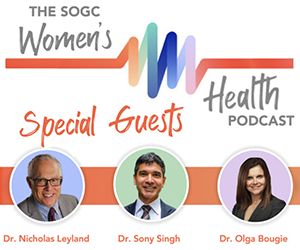Working during pregnancy
Can I work while I’m pregnant?
For the majority of women with uncomplicated, low-risk pregnancies, there is no problem with working as long as you would like. There are a few situations that might make working hazardous for both you and the baby. If you work with certain chemicals, solvents, fumes or radiation, you might need to avoid contact with some of these workplace hazards. Your employer may have policies in place to protect pregnant women. Also, if your work if very physically demanding, it may not be possible to continue doing strenuous work. Talk to your health care provider and your employer if your work includes:
- Stooping or bending over more than 10 times per hour
- Climbing a ladder more than three times in an 8 hour shift
- Standing for more than 4 hours at a time
- Climbing stairs more than three times per shift
- Working more than 40 hours per week
- Shift work
- Lifting more than 23 kg (50 lb) after the 20th week of pregnancy
- Lifting more than 11 kg (24 lbs) after the 24th week of pregnancy
- Stooping, bending, or climbing ladders after the 28th week
- Needing to lift any heavy items after the 30th week
- Needing to stand still for more than 30 minutes of every hour after the 32nd week
- Working with chemicals, solvents, fumes, or radiation
If my work is not strenuous can I work until the end of my pregnancy?
A woman who is having a normal, healthy pregnancy can work right up until the start of labour. However, you can choose to stop working whenever suits you. Some women choose to stop several weeks before their due date but others will be at work even in early labour.
Will I still be paid if I stop working early?
In Canada, federal Employment Insurance (EI) provides temporary financial assistance to Canadians who are sick, pregnant, or caring for a newborn or adopted child. In order to qualify for these maternity, parental, or sickness benefits, you must have worked 600 hours within the past 52 weeks. For more detailed information on eligibility and benefits, visit servicecanada.gc.ca.
Maternity benefits. The EI program provides maternity benefits of up to 15 weeks to a mother for the birth of a child. These benefits can be collected any time during a period that begins eight weeks before your expected due date and ends 17 weeks after the birth. However, if you stop work earlier than eight weeks before the due date, you would not receive EI maternity benefits until the eligibility period begins.
Parental benefits. In addition to the 15 weeks of maternity benefits, the EI program provides parental benefits to either parent for up to 35 weeks. These benefits can be claimed by either parent, concurrently or consecutively, as long as the total maternity and parental benefits add up to no more than 50 weeks for a pregnancy.
Employer benefits. If you are an employee, check with Human Resources at your work place to see what maternity benefits and work accommodations are available to you.


